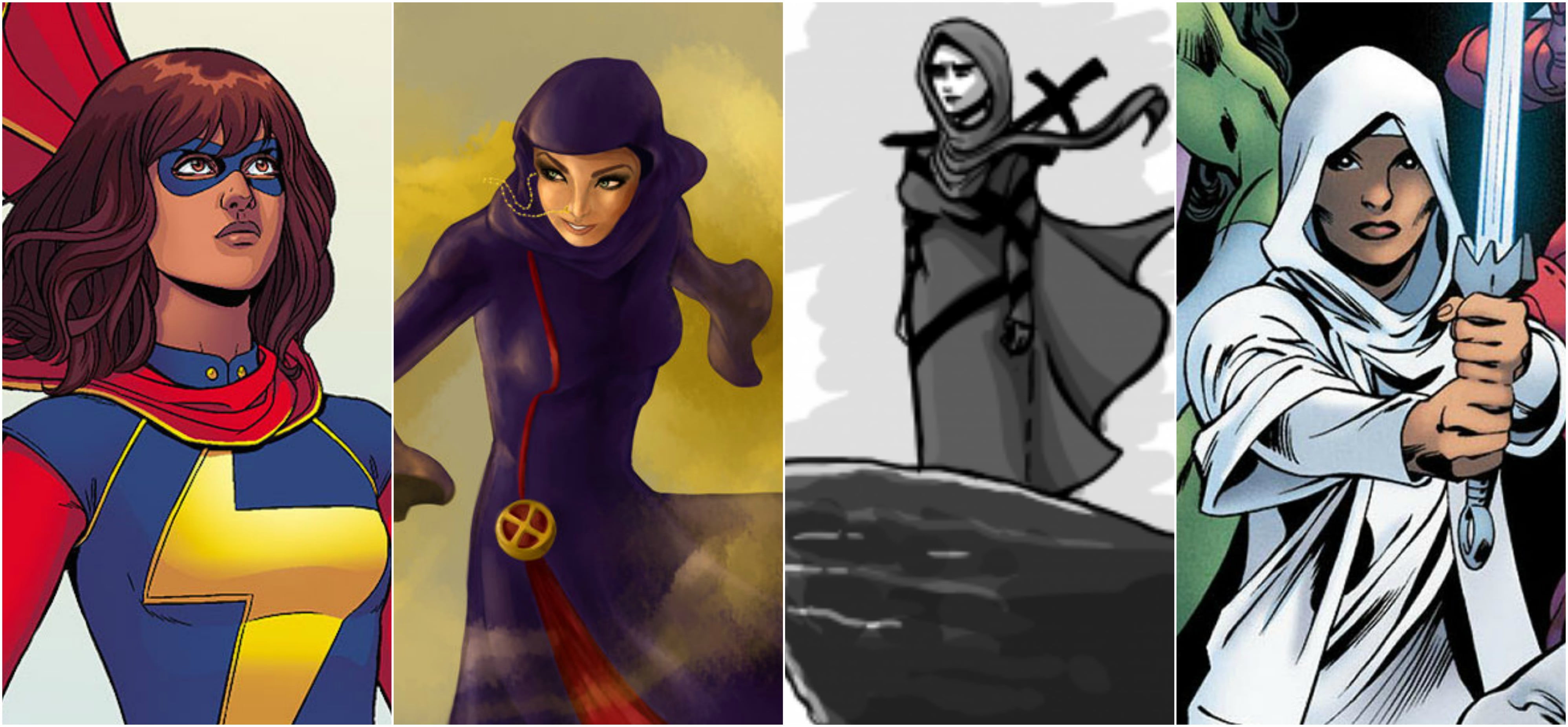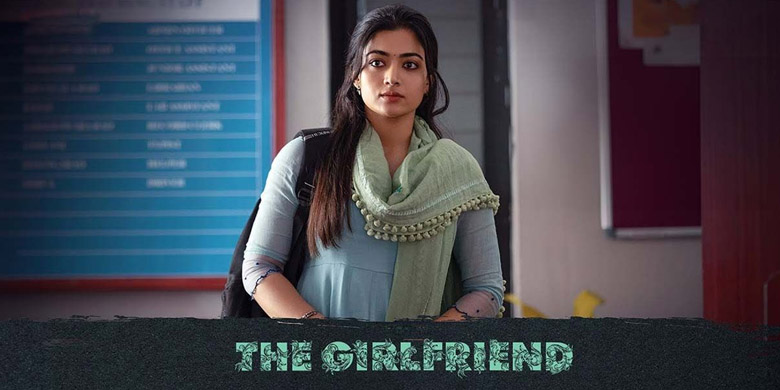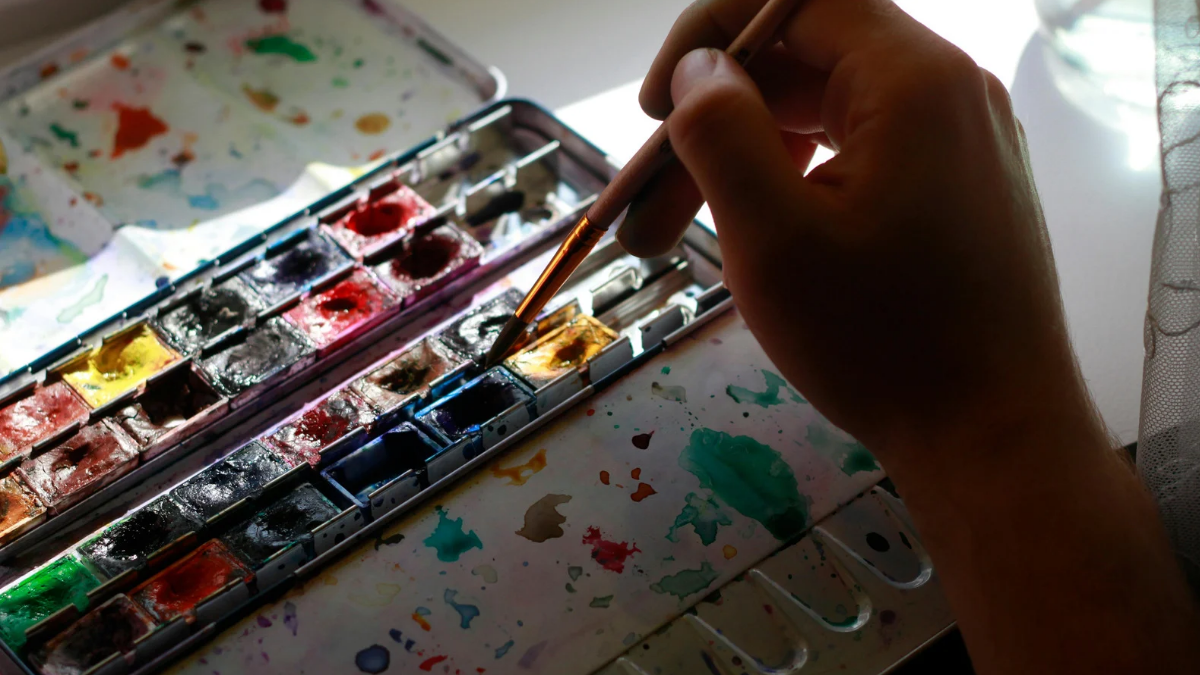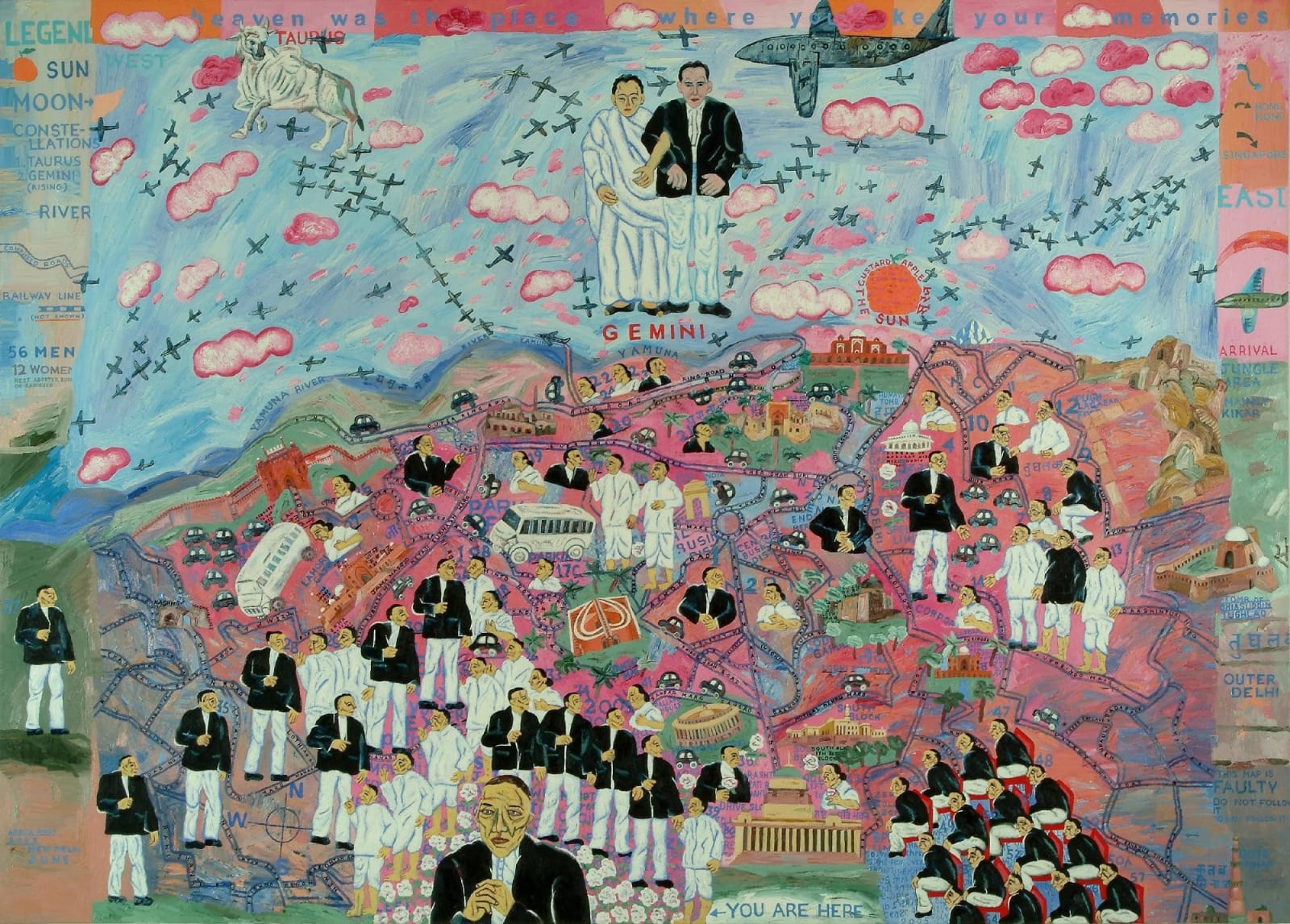The world of superheroes, which has always been dominated by cishet white men, is expanding with more diverse characters starting to get the spotlight as well as female characters who are not created for the male gaze. For instance, there’s America Chavez in the comic series America, Marvel’s first Latin-American LGBTQ superheroine.
With this increasing representation of varying ethnicities and sexualities in superhero comics, my curiosity about Muslim superheroes was sparked. There are certainly some great ones out there, such as the young Syrian Bashir Bari in the Silver Scorpion series. But what about Muslim superheroines?
The concept of Muslim superheroines is not entirely new within South Asia, but it is recent. The 2013 Pakistani animated series Burqa Avenger is testament to this. However, there is a plethora of Muslim superheroines being written outside of South Asia who have a greater worldwide reach, thus their representation needs to be examined.
So let’s look at four Muslim superheroines in comics who stood out to me in the ways they reinforce and subvert stereotypes:
1. Kamala Khan (Ms. Marvel)

Kamala Khan: Image Credit: Geek & Sundry
Arguably the most well-known figure on this list, Kamala Khan is the first Muslim character to get her own series in Marvel Comics. Her creators include Sana Amanat and G. Willow Wilson, both of whom draw upon their own experiences as American Muslim women in writing Ms Marvel. That authenticity shines through the story and characters.
Kamala is a sixteen-year-old Pakistani-American living in Jersey City, New Jersey who discovers she has shapeshifting abilities and decides to become a superheroine like her idol Captain Marvel (Carol Danvers). Her character was quite relatable to me. She loves gaming, singing along to Bollywood movies and often rebels against her parents but ultimately loves them and adopts their teachings into her heroic ideals.
Although Kamala is in conflict with her Muslim identity, the story frames it as the struggle of a second generation immigrant teenager in America trying to find where they belong. The sense of a Pakistani and Muslim culture can be felt through the insertion of Urdu and Arabic words as well as small details like Kamala occasionally wearing kurtis and her costume being made from her burkini. Moreover, the rest of the cast is wonderfully diverse: from Kamala’s older brother Aamir to her best friends: Nakia, a Turkish hijabi and Bruno, a second generation Italian-American.
2. Sooraya Qadir (Dust)
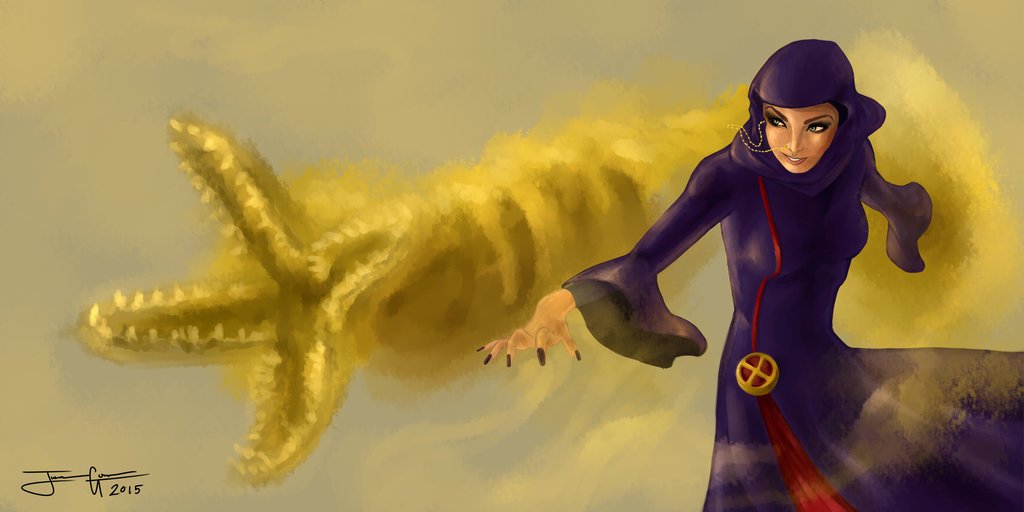
Image Credit: Emper0r-JaX
This character is the most problematic one on the list, which is a shame as she is the only one who wears a niqab. Sooraya, an Afghani Muslim superheroine, is created by Grant Morrison and Ethan Van Sciver and first appears in the Marvel Comics series New X-Men Issue No. 133.
It seems the X-Men, people who are mutants due to their powers and who are feared and discriminated against, are highly relevant to explore marginalized characters such as Muslims. Sooraya is introduced as a young Afghan girl who was kidnapped by slave traders and separated from her mother.
While she does fight back against her kidnappers and even kills them with her powers when one tries to remove her niqab, she is eventually rescued by two male members of the X-Men. This, of course, reinforces the dynamic of Muslim women being saved from Muslim men by white men. Moreover, the same comic issue later shows a plane being hijacked by Pakistani men. These are the ONLY depictions of Muslims in the series.
Sooraya’s personality, at first, remains confined to her identity as a Muslim, bringing in an element of exoticization. Her powers are related to sand, she is always on the defensive regarding her clothes and so on. The fact that this is the only character on the list created solely by white men shows the necessity of own-voices stories.
However, I believe Sooraya’s character does have potential. She has firm opinions, strong powers and immense pride in her faith.
Also Read: Why The Women In Black Panther Deserve Their Own Film
3. Qahera
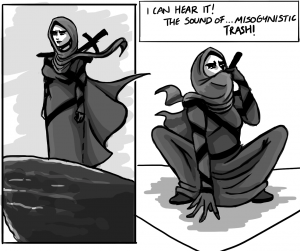
Image Credit: Qahera The Superhero
Qahera is notable for being the only character on this list not made by a major comic book publisher. She is, in fact, from a webcomic series of the same name created by art student Deena Mohamed who stated in the opening page of her comic: “I’ve always kind of wanted to do a webcomic starring a badass muslim superhero who defends women against the kind of stupid idiocy we have to put up with every day whilst shutting up all the white feminists who try to co-opt the struggle.”
The name ‘Qahera’ itself is the Arabic name of Cairo (al-Qahera) and is the feminine form of the Arabic word ‘qaher’, which means ‘vanquisher’, ‘conqueror’ or ‘triumphant’. Thus, it encompasses the character perfectly: Qahera is indeed a badass Egyptian feminist, sword-wielding, hijabi superheroine who makes it her mission to combat misogyny in the city of Cairo.
Although Qahera does defend and help women, she does not necessarily ‘save’ them. One of the artist’s major grievances is against white people who want to save Muslim women and so, she humanizes the female victims in her comics. They are not passive or helpless but human beings who are angry, scared and determined to fight back. As Qahera says about them, “I am a superhero because I have superpowers. They are superheroes because they do not.”
While the webcomic does not have a plot, its humour and vibrant protagonist makes it an entertaining as well as a subversive read.
4. Dr Faiza Hussain (Excalibur)
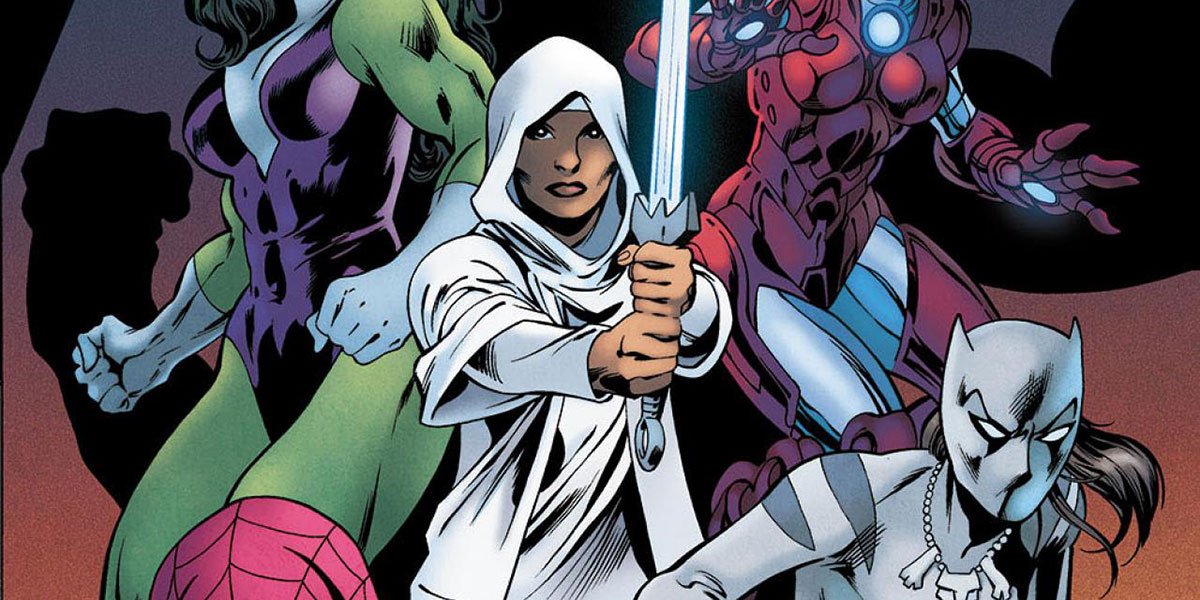
Image Credit: raseef22
Faiza first appears in the series Captain Britain and MI-13 as a British Muslim medical doctor of Pakistani heritage, who gains powers after being attacked during an alien invasion in London while performing battlefield triage. She immediately comes off as a strong person who holds her own while being surrounded by men in the battle and, at the same time, provides a lighthearted moment by fangirling over British superheroes.
Although Faiza is the only Muslim character in the series with her hijab standing out, it is never pointed out or given attention by other characters, thus normalizing it. The potential issue of tokenism is pointed out by the character’s creator Paul Cornell, who stated, “I have two aims here: to make her a real person and not someone who has to represent the entire British Muslim world all the time.” Cornell also worked with a team of four Muslim women in the development of Faiza’s character.
While Faiza’s Muslim identity is not the defining aspect of her character, it is not ignored either. For example, she is shown to be saying, “Allahu Akbar” when facing a dangerous enemy. Thus, she is religious as well as brave and noble with avid interests in cricket and superheroes, making her an interesting and complex person.
These characters are far from being the perfect representations of Muslim women and Muslim cultures and can be prone to stereotypes. For instance, in Ms Marvel, Kamala’s parents do fall into the overprotective desi parents stereotype. However, I see them as being important progressive additions to superheroines.
Having Muslim women, who have always been slotted into the victim category, in the role of powerful saviours is a strong statement to make. They are also an opportunity to show Muslim women as being, at the end of the day, ordinary people who can also dream of being a superheroine.
Also Read: 10 Most Powerful Superheroines In Comic-book Films
About the author(s)
A feminist Muslim, passionate writer and self-professed geek hailing from Karachi, Pakistan. Forever on the lookout for feminist-oriented fiction.
